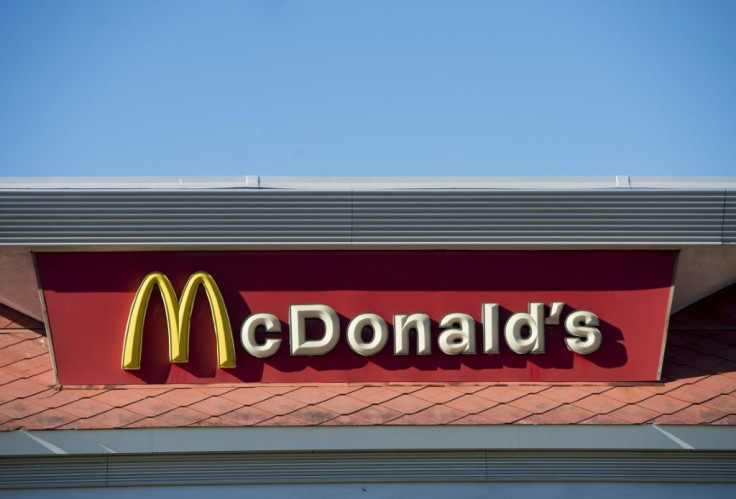Big Mac Hack: McDonald’s Latest Target Of Customer Data Breach
McDonald’s (MCD) has found itself the victim of hackers that breached the data of some of its U.S., South Korea, and Taiwan network systems – the latest in a string of cyberattacks on global companies.
McDonald’s told The Wall Street Journal on Friday that unauthorized access was cut off a week after it was identified after outside consultants were hired to investigate unauthorized activity to its internal security system.
Hired consultants found that the data had been breached in the U.S., South Korea, and Taiwan, including business contact information for U.S. employees and franchisees, information about restaurant seating capacity, and square footage of play areas, McDonald’s told the WSJ.
While no customer data was breached or sensitive or personal employee data exposed in the U.S., McDonald’s warned about phishing emails.
Customers in South Korea and Taiwan did not fare as well.
Attackers stole customer emails, phone numbers, and addresses for delivery customers in the countries as well as employee information, including their names and contact details, the burger chain told the news outlet.
It was unclear how many customers or employees were affected, but McDonald’s said the number was small. No customer payment information was affected, it said.
McDonald’s also said that that it would be notifying some employees in South Africa and Russa of possible data leaks and has flagged other countries for investigation, according to WSJ.
No ransomware monies were demanded in the attack nor payment made to hackers, McDonald’s said.
McDonald’s is the latest target to be hit by a cyberattack in recent months. Meat company JBS lost control of its data operations to cybercriminals. It paid an $11 million ransom to get it back, while Colonial Pipeline went offline for days after a cyberattack, paying a $15 million ransom.
Shares of McDonald’s were trading at $236.63 as of 12:08 p.m. EDT on Friday, up $2.04, or 0.87%.

© Copyright IBTimes 2025. All rights reserved.





















